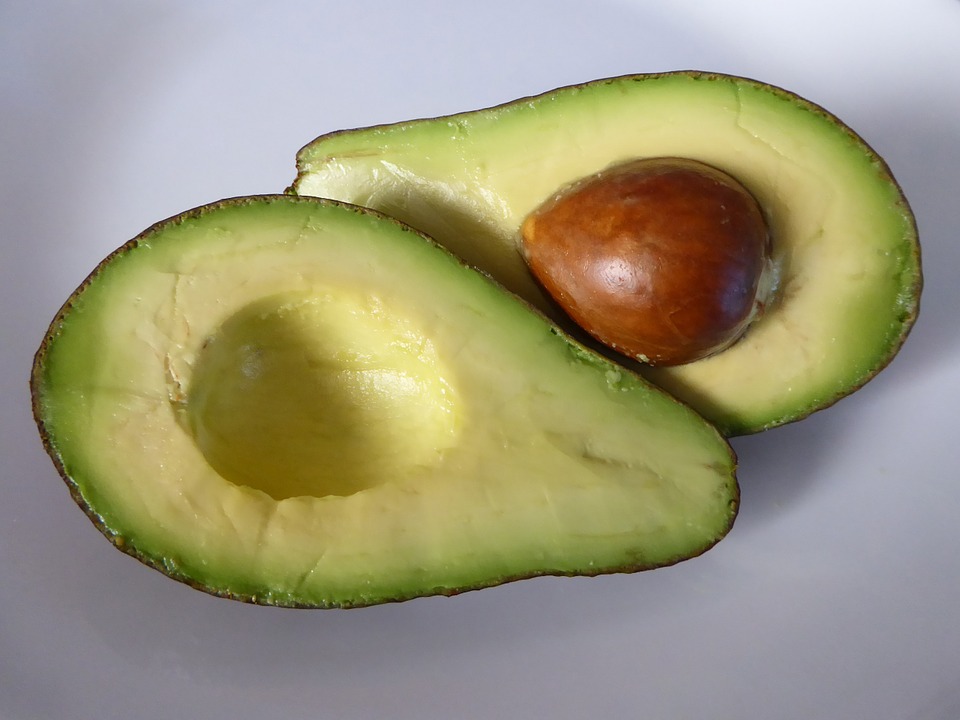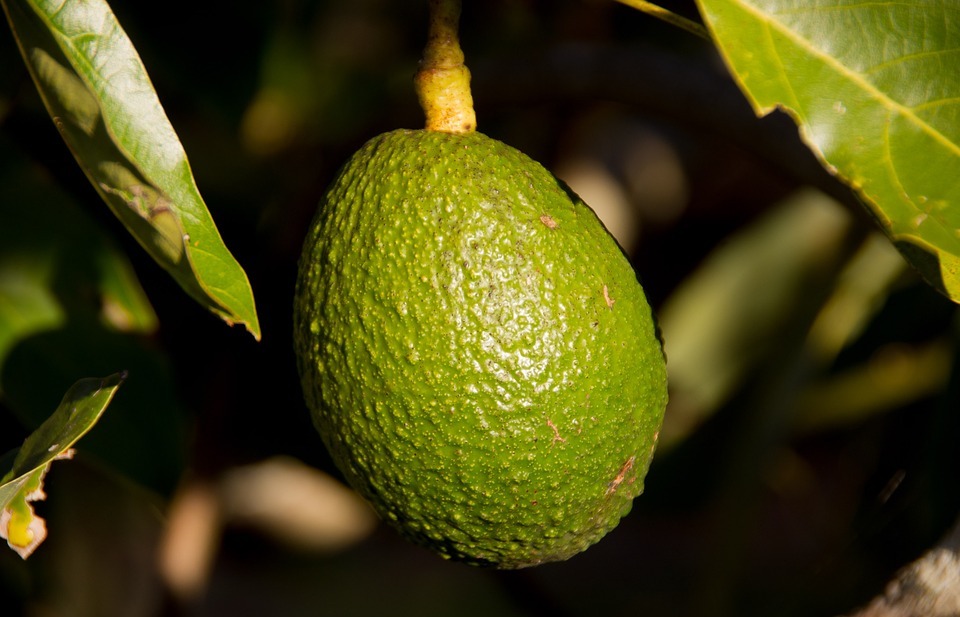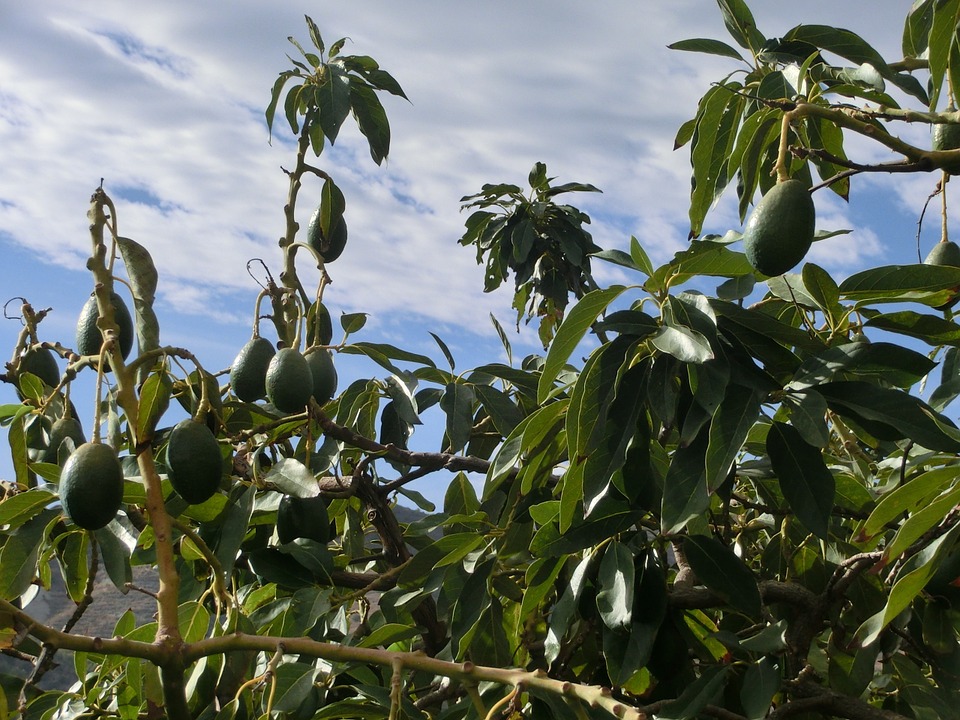Avocado, a popular fruit among humans, is known for its creamy texture and rich flavor. But when it comes to our feline companions, the question arises: can cats eat avocado? The answer, unfortunately, is a resounding no. While avocados are not inherently poisonous to cats, they contain a compound called persin, which can be toxic to them. This article delves into the dangers of avocado consumption for cats, exploring the effects of persin, the symptoms of avocado poisoning, and preventative measures to ensure your cat's safety.
Part 1: The Perils of Persin

1.1. Understanding Persin
Persin is a fungicidal toxin found in all parts of the avocado plant, including the fruit, leaves, seeds, and bark. This compound acts as a natural defense mechanism, protecting the avocado from fungal infections. While persin is harmless to humans, it can pose a serious threat to cats and other animals like dogs, horses, and birds.
1.2. The Chemistry of Persin
Persin is a complex molecule with a chemical formula of C20H26O6. It is classified as a polyacetylene, a type of unsaturated hydrocarbon. The exact mechanism by which persin exerts its toxic effects on cats is not fully understood, but it is believed to interfere with the functioning of certain enzymes and disrupt cellular processes.
1.3. The Concentration of Persin
The concentration of persin can vary depending on the part of the avocado plant and its maturity stage. The seed and skin of the avocado typically contain the highest levels of persin, while the flesh generally has lower concentrations. However, it's important to note that even small amounts of persin can be toxic to cats.
1.4. The Persistence of Persin
Persin is relatively stable and persists in the avocado plant for a long period. It is not destroyed by cooking or drying. Therefore, even if you cook or dry avocado, it will still contain persin and remain toxic to cats.
Part 2: The Effects of Persin on Cats

2.1. Gastrointestinal Issues
Persin can cause severe gastrointestinal disturbances in cats. Ingestion of avocado can lead to:
- Vomiting: Cats may vomit shortly after ingesting avocado, often accompanied by nausea and retching.
- Diarrhoea: Diarrhoea is another common symptom, ranging from loose stools to watery diarrhoea. This can be due to inflammation and irritation of the intestines.
- Abdominal Pain: Cats may exhibit signs of abdominal pain by pressing their belly against the floor, vocalizing, or exhibiting a hunched posture.
2.2. Respiratory Problems
Persin can also affect the respiratory system of cats. This can manifest as:
- Difficulty Breathing: Cats may experience laboured breathing, with rapid and shallow breaths.
- Wheezing: Cats may make whistling noises when breathing due to airway constriction.
- Coughing: Persistent coughing may occur as a result of irritation in the airways.
2.3. Cardiac Complications
In severe cases of avocado poisoning, persin can lead to cardiac complications, such as:
- Pericardial Effusion: This condition involves fluid accumulation around the heart, impairing its ability to function properly.
- Heart Failure: In extreme cases, persin can lead to heart failure, a serious condition requiring immediate veterinary attention.
2.4. Other Potential Symptoms
Beyond the gastrointestinal, respiratory, and cardiac issues, cats may also exhibit other symptoms of avocado poisoning, such as:
- Lethargy: Cats may appear tired, sluggish, and less active than usual.
- Loss of Appetite: Cats may refuse food or have a diminished desire to eat due to gastrointestinal discomfort or general malaise.
- Muscle Tremors: In some cases, cats may experience tremors or muscle twitching.
Part 3: Avocado Poisoning in Cats

3.1. The Severity of Poisoning
The severity of avocado poisoning in cats depends on several factors:
- Amount Consumed: The larger the quantity of avocado ingested, the greater the risk of toxicity and the more severe the symptoms are likely to be.
- Size of the Cat: Smaller cats are more susceptible to the effects of persin compared to larger cats due to their smaller body size and lower tolerance for toxins.
- Individual Sensitivity: Some cats may be more sensitive to persin than others. This could be due to underlying health conditions or individual variations in metabolism.
3.2. Recognizing Symptoms
It is crucial to be aware of the signs of avocado poisoning in cats. Symptoms typically appear within a few hours of ingestion:
- Vomiting: This is often the first sign, and it may be accompanied by nausea and retching. The vomit may contain undigested avocado pieces.
- Diarrhoea: Loose stools or watery diarrhoea can occur, sometimes with a foul odor.
- Abdominal Pain: Cats may exhibit signs of discomfort by pressing their belly against the floor or vocalizing, often with a whimper or cry.
- Lethargy: They may seem tired, sluggish, and less active than usual. They might spend more time sleeping or resting.
- Loss of Appetite: Cats may refuse food or have a diminished desire to eat, due to gastrointestinal upset.
- Difficulty Breathing: Cats may experience laboured breathing, wheezing, or coughing, with an audible gasping sound.
- Drooling: Excessive drooling can occur as a sign of oral irritation.
3.3. Seeking Veterinary Attention
If you suspect your cat has ingested avocado, it is essential to contact your veterinarian immediately. Early intervention is crucial to minimize the risks and ensure a successful recovery.
Part 4: Preventing Avocado Poisoning
4.1. Keeping Avocados Out of Reach
The best way to prevent avocado poisoning in cats is to keep all parts of the avocado plant out of their reach. This includes:
- Fruit: Avoid leaving avocado peels, pits, or flesh within your cat's reach. Dispose of avocado scraps properly, in a sealed bin or compost pile where your cat can't access them.
- Leaves: Dispose of avocado leaves responsibly and keep them away from your cat. Do not use avocado leaves as part of a compost pile that your cat could access.
- Seeds: Do not allow your cat to chew or swallow avocado seeds, as they are particularly rich in persin.
- Bark: If you have an avocado tree in your yard, ensure your cat cannot access the bark, either by fencing off the area or keeping a close watch on your cat when it is outside.
4.2. Educating Others
If you have children or other people in your home who care for your cat, educate them about the dangers of avocado and ensure they follow the same safety guidelines. Explain the importance of keeping avocado out of reach, and what to do if they suspect your cat has ingested avocado.
Part 5: Alternative Treats for Your Cat
While avocados are off the menu, there are many safe and delicious treats you can offer your feline friend:
- Catnip: A popular favourite among cats, catnip is known for its stimulating effects. It is generally safe for cats, although some may have an adverse reaction.
- Tuna: Cooked tuna is a tasty and nutritious treat for cats, but avoid giving them raw tuna, as it can contain parasites that are harmful to cats.
- Cooked Chicken or Turkey: Small pieces of cooked chicken or turkey are a healthy and enjoyable treat, but ensure they are cooked thoroughly and free of bones.
- Cat-Specific Treats: There are a wide variety of commercial cat treats available, so choose those that are appropriate for your cat's age and health. Look for treats that are low in calories and fat, and avoid those that contain artificial colours and flavours.
- Homemade Treats: You can also try making homemade cat treats using safe ingredients, such as chicken or fish. Consult with your veterinarian for recipes and guidance.
Part 6: FAQs
6.1. Is avocado oil toxic to cats?
While avocados themselves are toxic, avocado oil is generally considered safe for cats in moderation. However, it is important to consult with your veterinarian before giving your cat any type of oil, as some oils can cause digestive upset or other complications.
6.2. What if my cat has only eaten a small amount of avocado?
Even small amounts of avocado can cause mild symptoms. If you suspect your cat has ingested avocado, even a small portion, it is essential to contact your veterinarian immediately. They will be able to assess the situation and advise you on the best course of action.
6.3. Can I feed my cat avocado skin?
Avocado skin contains a high concentration of persin and is extremely toxic to cats. Never give your cat any part of the avocado skin, including the peel, pit, or leaves.
6.4. Are avocado pits toxic to cats?
Avocado pits are particularly rich in persin and are highly toxic to cats. They should never be given to cats, as they can cause severe poisoning. If you have a cat, be sure to dispose of avocado pits properly and keep them out of reach.
6.5. What should I do if my cat shows signs of avocado poisoning?
If your cat exhibits any symptoms of avocado poisoning, contact your veterinarian immediately. They will provide guidance on the appropriate course of action, which may involve inducing vomiting, administering activated charcoal to absorb the toxin, or providing supportive care, depending on the severity of the poisoning.
6.6. Can I use avocado as a natural flea treatment for my cat?
No, using avocado as a flea treatment for your cat is dangerous and can lead to poisoning. Stick to vet-approved flea treatments, as they are designed to be safe and effective for your cat.
Everyone is watching

Are Cat Ribs Flexible? Understanding Their Anatomy
CATS & KITTENSThis article delves into the fascinating world of feline anatomy, exploring the flexibility of cat ribs and ho...

Can Cats Eat Bananas? (Everything You Need to Know)
CATS & KITTENSThis article dives into the intriguing question of whether cats can safely enjoy the sweet, yellow fruit, bana...

Cat Lifespan: How Long Do Cats Live?
CATS & KITTENSThis comprehensive guide explores the factors influencing the lifespan of our feline companions, providing ins...

Can Cats Get COVID-19? What You Need to Know
CATS & KITTENSThis article will delve into the fascinating world of feline COVID-19 susceptibility. We'll explore whether ca...

Can Cats Eat Eggs? A Complete Guide to Egg Safety for Your Feline Friend
CATS & KITTENSWhen it comes to treating our furry companions, we all want to ensure we're doing what's best for them. Eggs...
